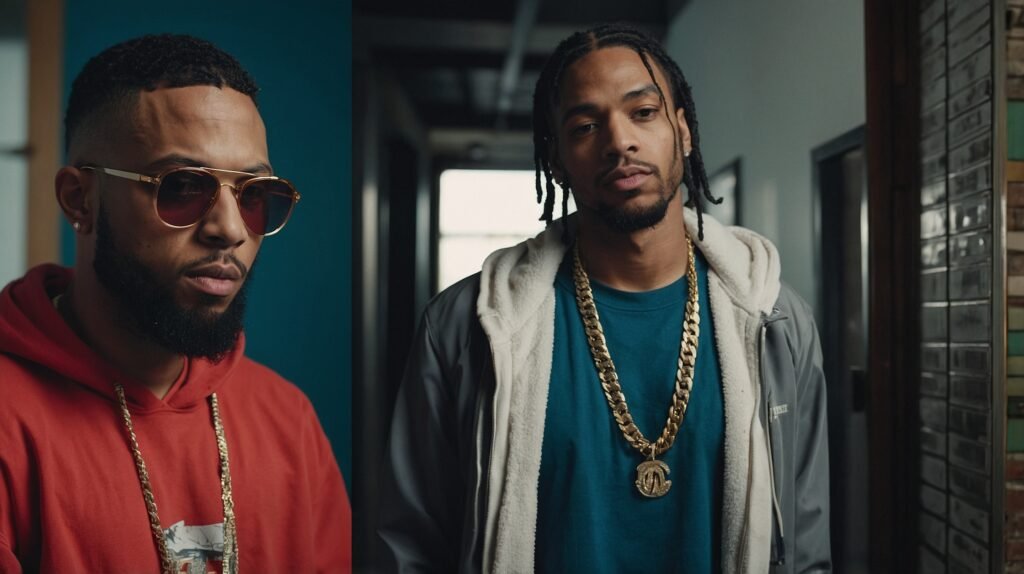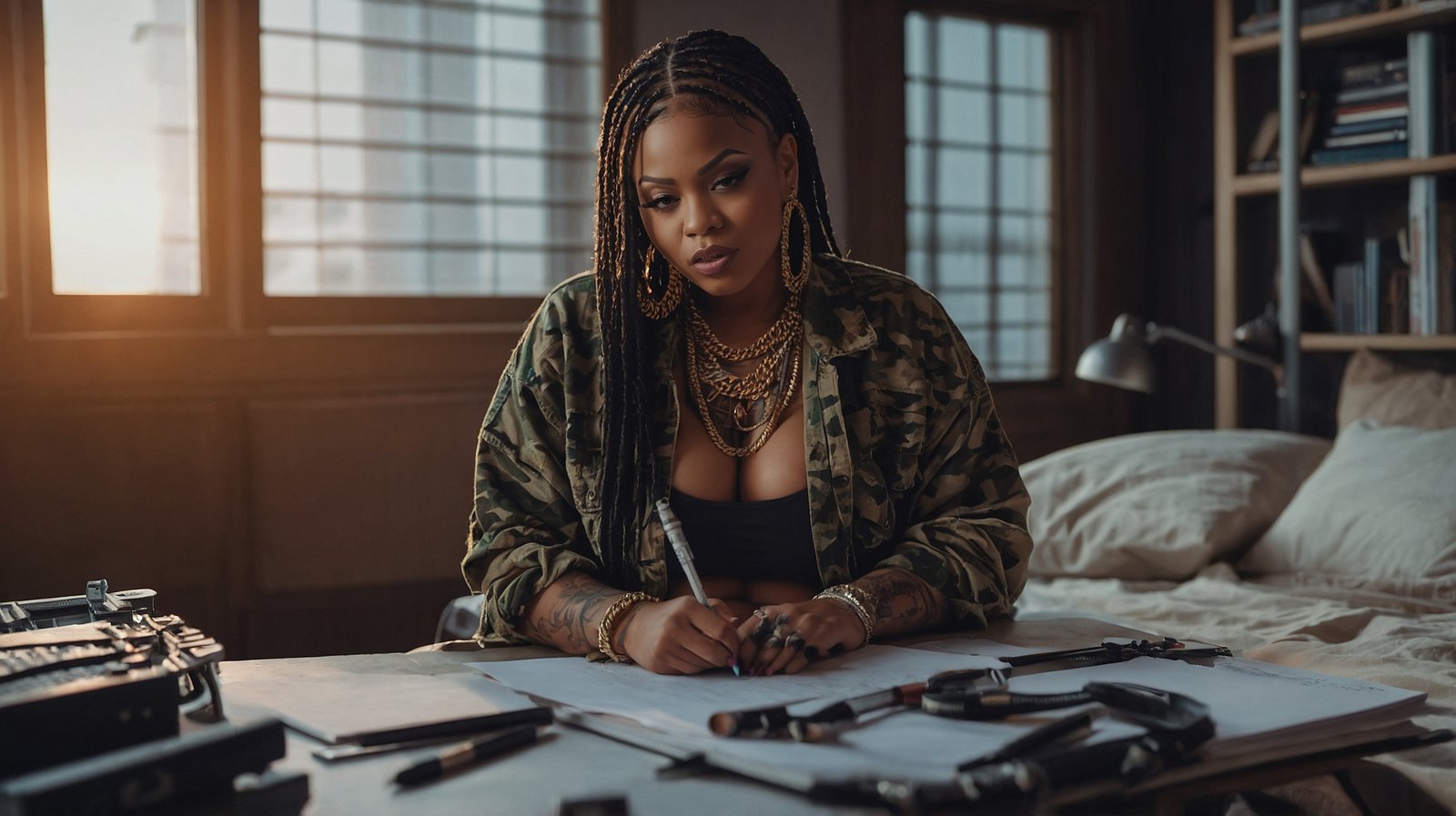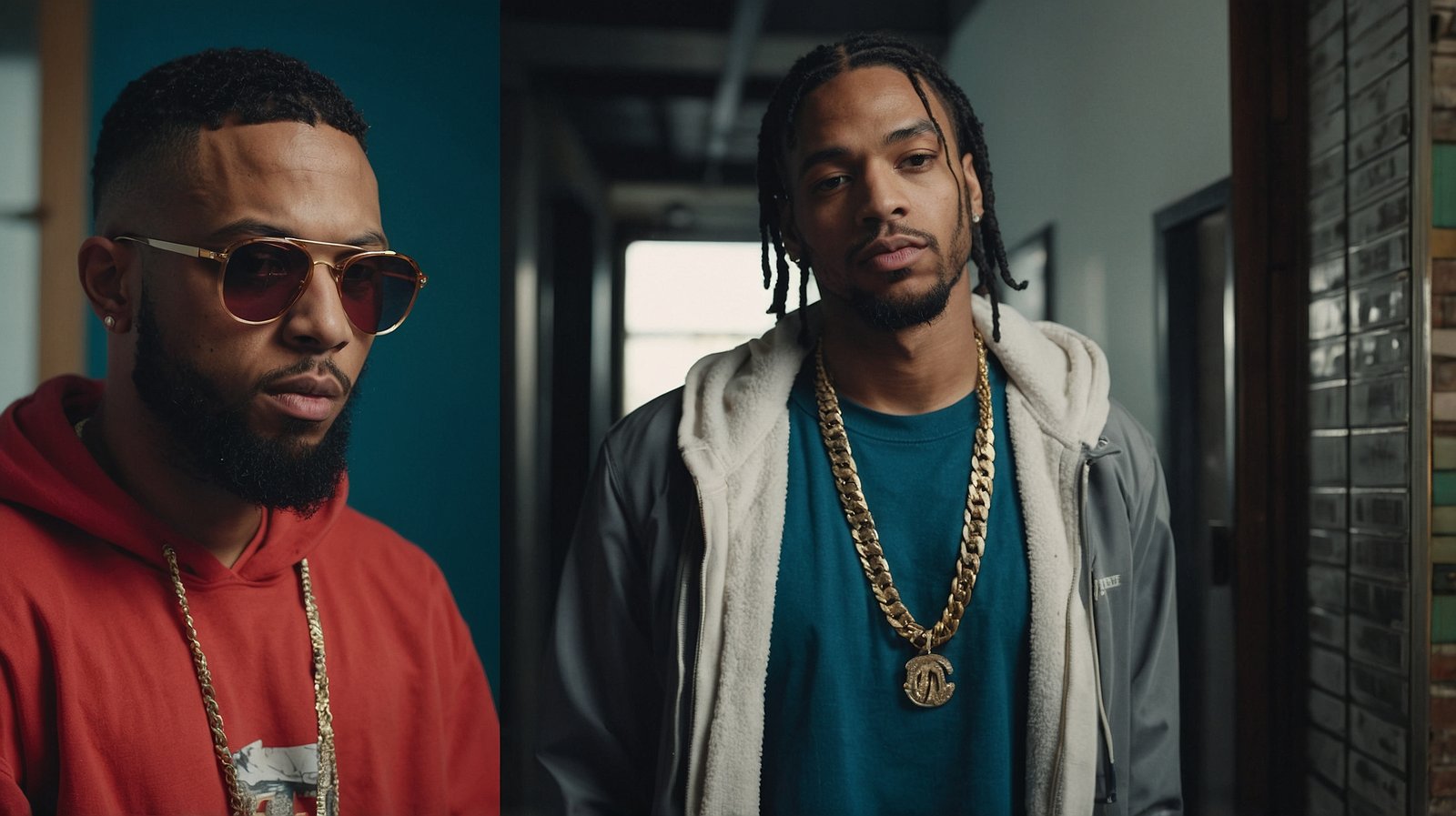When purchasing a beat license, you might come across a clause called “Notice of Outstanding Clients” in your agreement. If you’re not familiar with legal music terms, this might seem confusing—but understanding it is crucial before you buy a beat, especially if you’re investing in Exclusive Rights.
This guide will explain:
✅ What “Notice of Outstanding Clients” means
✅ How it affects you as an artist
✅ What happens to other artists who previously leased the beat
✅ How to protect your rights when buying beats
By the end, you’ll have a clear understanding of what to expect when purchasing a beat that was previously leased and how to legally navigate ownership. 🎧💡
What Does “Notice of Outstanding Clients” Mean? 🤔
When you buy a Standard (Non-Exclusive) License, multiple artists may have already leased the same beat before you. If you later decide to upgrade to an Exclusive License, the “Notice of Outstanding Clients” clause ensures you understand that other artists who previously leased the beat still have valid licenses until their terms expire.
🔑 Key Takeaway:
Even if you buy Exclusive Rights, any artists who purchased a Standard License before you can still legally use the beat until their license expires.
How Does This Affect You as an Artist? 🎤
Whether you’re leasing a beat or buying exclusive rights, here’s what this clause means for your music:
1. If You’re Leasing the Beat (Standard License)
✅ Your license is protected—even if someone buys Exclusive Rights later, you can still use the beat under the original terms of your license.
❌ But you don’t own the beat—another artist can still purchase Exclusive Rights at any time.
2. If You Buy Exclusive Rights
✅ The beat is removed from sale, and no new artists can license it.
✅ You own full rights to the beat moving forward.
❌ However, previous license holders can still use it until their license term expires.
📌 Example:
- Artist A buys a Standard License in January (valid for 4 years).
- Artist B buys Exclusive Rights in June.
- Artist A can still legally use the beat until January, 4 years later.
- After Artist A’s license expires, Artist B has full, unrestricted ownership.
This prevents artists who previously leased the beat from losing their rights but ensures that after their term expires, the Exclusive License holder has 100% ownership.
Common Misunderstandings About Exclusive Rights 🚨
A lot of artists assume that when they buy an Exclusive License, it means no one else has ever used the beat. That’s not always true!
Here are some key things to keep in mind before buying Exclusive Rights:
1. Other Artists May Have Already Released Music with the Beat
Even if you buy the Exclusive License, there might be songs already released using the same beat under Standard Licenses. Those songs are still legal as long as their licenses are active.
2. You Can’t Take Down Songs from Previous License Holders
If another artist legally leased the beat before you, you can’t force them to remove their song from streaming platforms. Their license is still valid until it expires.
3. Exclusive Rights Give You Future Control, Not Total Erasure
Buying an Exclusive License means that from this point forward, no new artists can license the beat—but it doesn’t erase past licenses.
💡 Think of it like this:
- Standard License holders are like tenants renting an apartment. 🏠
- When the landlord sells the property (Exclusive Rights), the tenants can stay until their lease ends, but no new tenants can move in.
How to Protect Your Rights When Buying Beats ✅
If you want to ensure you have full control over a beat, here’s what you need to do:
1. Ask the Producer About Outstanding Licenses
Before purchasing Exclusive Rights, ask:
✔️ How many Standard Licenses have already been sold?
✔️ When do the current licenses expire?
✔️ Are there any major artists who have used the beat?
Knowing this before purchasing prevents surprises later.
2. Choose a Beat with Minimal Prior Leases
If you want to be the only artist using the beat, look for:
✔️ Beats with no (or very few) previous Standard Licenses sold.
✔️ Brand new beats that haven’t been leased yet.
Some producers offer “Buyouts” where you can pay extra to clear all outstanding licenses, but this is rare and depends on the producer.
3. Consider Custom Beats for Full Exclusivity
If you don’t want to share a beat with anyone, your best option is to:
✔️ Hire a producer for a custom-made beat.
✔️ Buy a beat that has never been leased before.
While this can be more expensive, it guarantees that you’re the only artist with that sound.
Final Thoughts: Make an Informed Decision Before Buying Beats 🎧
The “Notice of Outstanding Clients” clause ensures fairness in the beat licensing world. While Exclusive Rights give you full control over future use, it’s important to remember that:
✅ Previous Standard License holders can still use the beat until their license expires.
✅ Exclusive Rights prevent new licenses from being sold but don’t erase past ones.
✅ Always check how many licenses have been sold before purchasing Exclusive Rights.
🔑 The best approach? If you’re an independent artist, start with a Standard License and upgrade to Exclusive Rights when you’re ready—but always check the history of the beat before making a big purchase.
🔥 Ready to secure your next beat? Browse available beats and find the perfect license for your career! 🎶🚀



